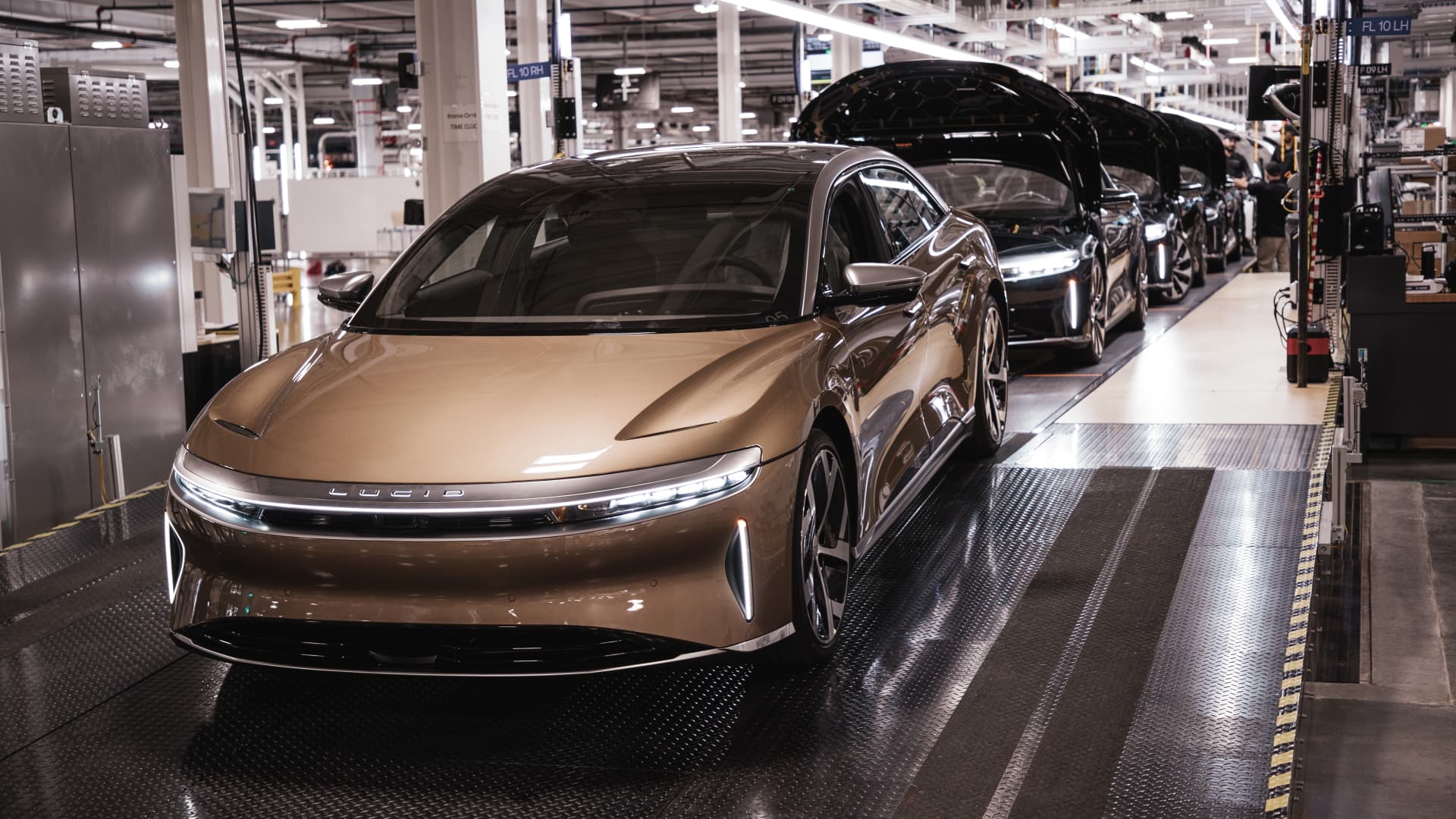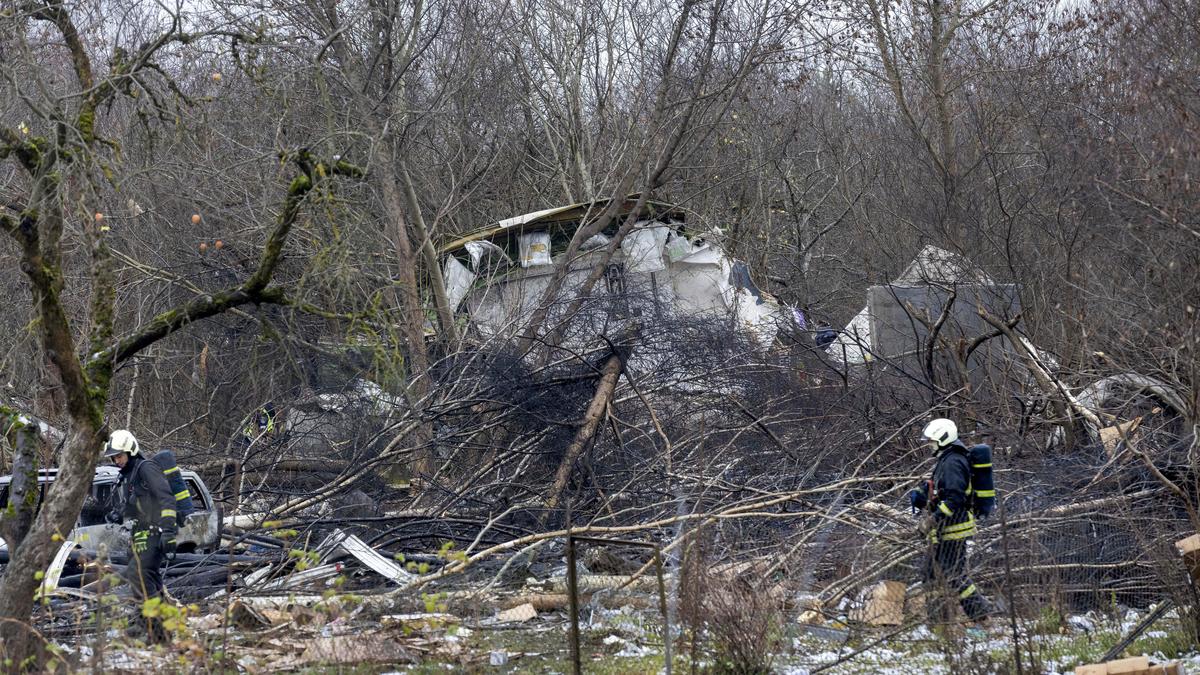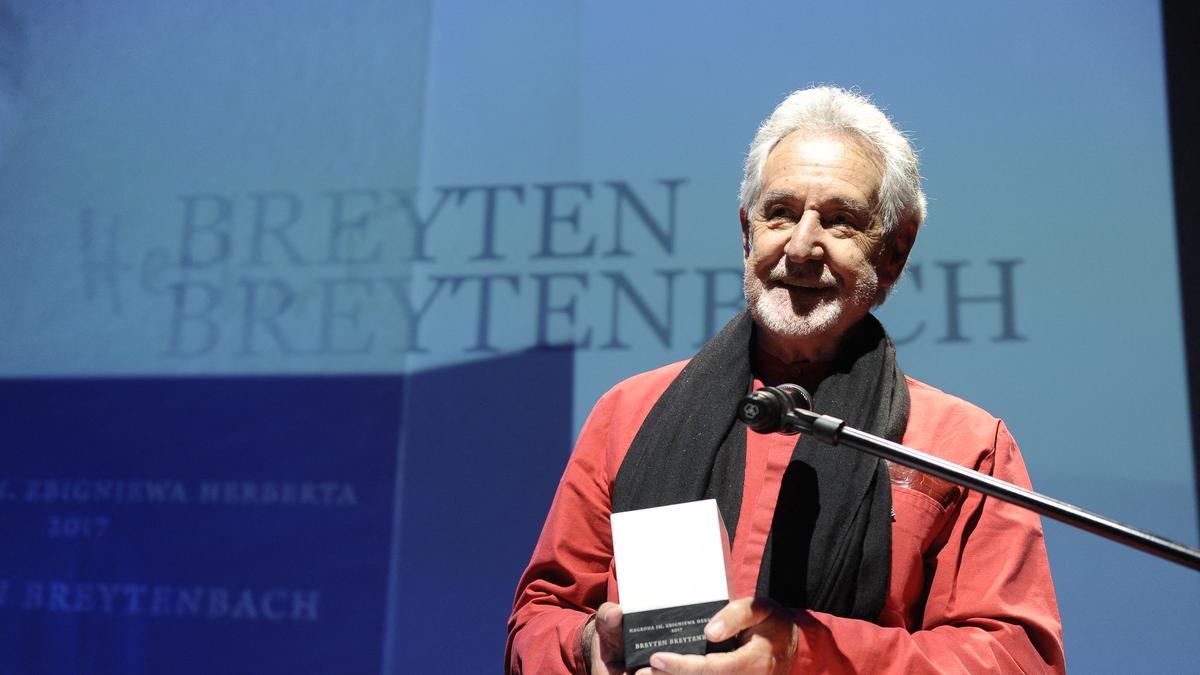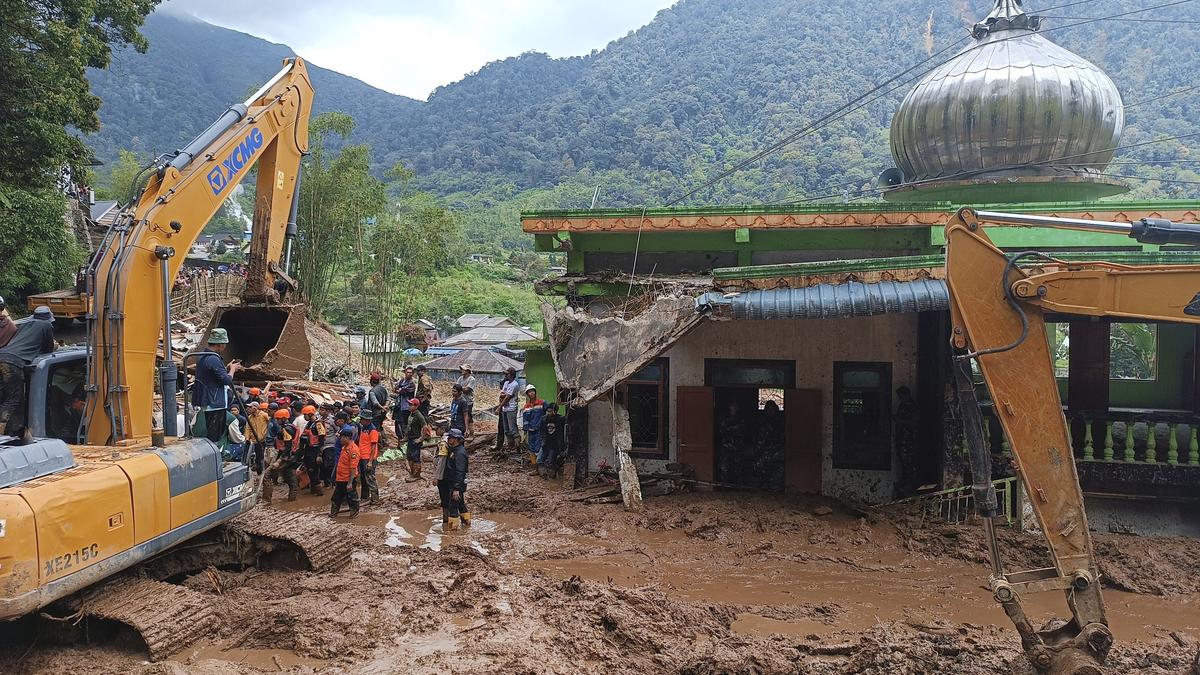Israel broadens the war in Gaza with an air attack on Lebanon, is the crisis in West Asia about to escalate? And as the one year mark since the October 7 terror attacks approaches, PM Modi meets the Palestinian President. Has India’s position shifted at all?
This is High-Level week at the UN, and the conflicts in the world were at the centre of most speeches by world leaders- particularly focussed on Israel’s assault on Gaza, West Bank and now Lebanon post the October 7 terror attacks last year.
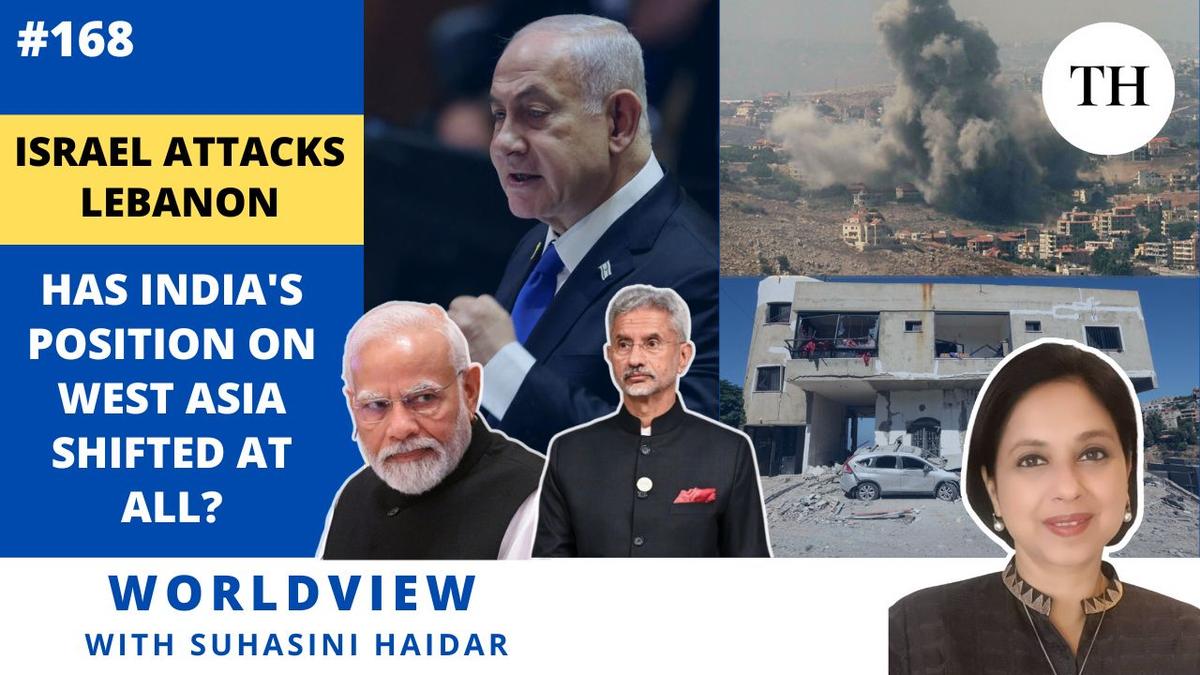
How is India impacted by spread in the conflict?
1. 8.7 million Indians live and work in West Asia- the conflict there affects them all due to geopolitical disturbances- after Israel where there are 20,000 Indians working, and more are being sent as labour, there are about 3,000 in Lebanon after the last advisory but more go. But if trouble spreads further Qatar has 700,000 Indians, UAE has 3.5 millions- it’s not just their safety but their livelihood that matters.
2. Much of India’s trade revenues and remittances come from West Asia- trade with GCC countries bloc alone is more than 15% of the total, and remittances from Indians working in West Asian countries is about 55% of the total While India now takes about 40% of its oil from Russia, the bulk of its imports traditionally is West Asia- Iraq, Saudi, UAE.
3. The conflict over the past year has put a spanner in India’s connectivity plans- more than a year since the IMEEC was announced, there has not even been one meeting of the founders due to the conflict that began a month after it was launched at the G20. In particular, Indian company Adani has invested in Haifa port- meant to be used for IMEEC, and that will be in trouble.
4. Other plans like the I2U2 are on hold, on the other hand India’s plans for connectivity through Iran- INSTC, Chabahar etc see an indirect impact from any conflict in the region.
The conflict, and the Russia-Ukraine conflict are now overshadowing India’s concerns to the East, and impacting larger groupings like QUAD- the summit was delayed for months because US officials preoccupied, and eventually will also force India into a difficult spot at BRICS plus Summit next month- as all countries there are deeply critical of Israel.
5. India’s bilateral ties with Israel are also on the back burner with the conflict- while their trade is about 7 billion- defence trade is crucial for both- India is now Israel’s largest arms purchaser, taking about 40% of Israel’s total weapons exports, and making up up to 15% of India’s weapons exports. India also exports drone and some parts to Israel under private licenses- but these have come under a cloud.
6. Finally, there is India’s reputation at stake and being questioned- especially in the Arab world and the Global South- which may have led PM Modi to request a meeting with Palestinian President Abbas in New York this week –he hasn’t met Netanyahu yet since.
So what is India’s policy on the Israel-Gaza conflict- and has it changed in the past year?
1. Zero tolerance for terror and release of hostages- however India has not banned Hamas or designated it a terror organisation.
2. Humanitarian law must prevail in the response of any country- India is increasingly uncomfortable with the rising civilian casualties.
3. India says it supports a ceasefire- but this is unclear- after having abstained on that question in October 2023, changed vote in favour in December 2023, and then abstained again on an UNGA resolution in September 2024.
4. Critical of illegal Israeli settlements and occupation of Palestine territories- but does not support boycotts or sanctions of Israel over it.
5. India has increased its support to UNRWA – that Israel accuses of being complicit in the October 7 attacks.
6. India still supports a 2 state solution, which Israel’s PM and Knesset have now rejected.
Worldview take:
India has repeated that it has a principled policy on the Israel-Palestine conflict, but its actions in the last few years have left many on both sides of the conflict confused- as it seems to change from statement to statement, and UN vote to UN vote. While this may be seen as a successful hedging policy- it is important to remember the stakes involved- in connectivity, defence and development on one side and India’s standing as a voice for the voiceless, speaking up for the Palestinian cause, criticising the killing of civilians amongst those in the Global South, Arab world, and India’s own neighbourhood to consider, and must be clear in its consistency.
WV Reading Recommendations:
1. A Very Short History of the Israel–Palestine Conflict by Ilan Pappe- out soon
2. The Holy Land at War: A Journey Through Israel, the West Bank and Gaza by Mark Patinkin- an American journalist
3. Method and Madness: The Hidden Story of Israel’s Assaults on Gaza by Norman Finkelstein is from 2015- so pre the current crisis
4. Asymmetric Conflict: Israel-Lebanon War, 2006 by Col. Harjeet Singh
5. India and Israel: The Making of a Strategic Partnership Edited by Jayant Prasad
6. Hostile Homelands: The New Alliance Between India and Israel by Azad Essa
Presentation: Suhasini Haidar
Production: Shibu Narayan and Sabika Syed
Published – September 27, 2024 11:16 pm IST


